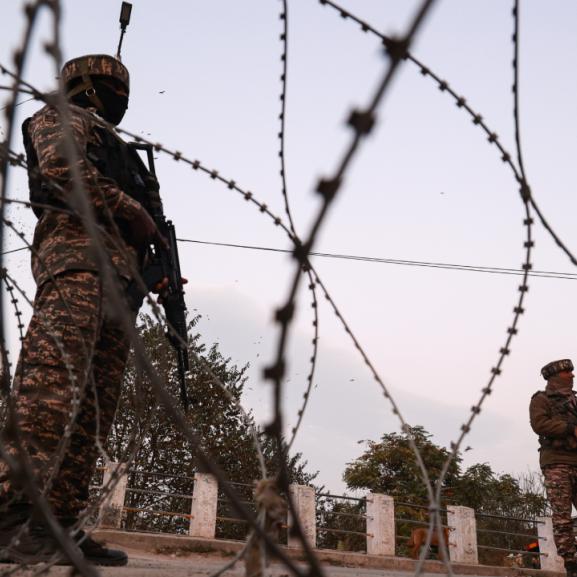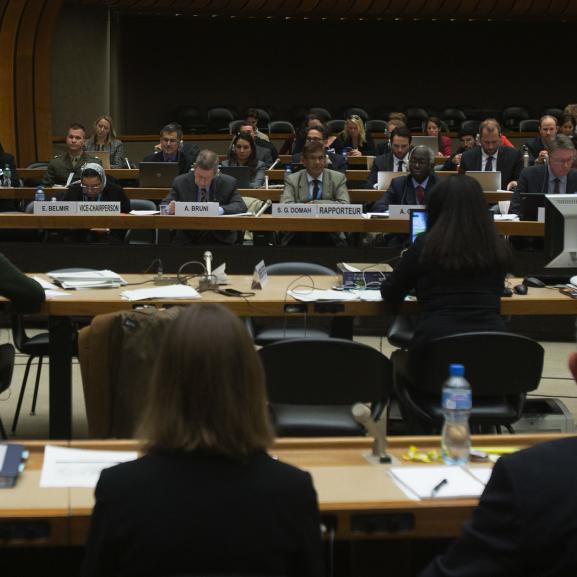Will the UK Detainee Inquiry meet the legal requirements for an investigation into torture?
Freedom from Torture, alongside eight other human rights organisations, has raised concerns about the progress of the UK Detainee Inquiry which is currently being established, as part ongoing dialogue with the Inquiry panel chaired by retired judge Sir Peter Gibson.
Last July, the Prime Minister David Cameron announced the formation of an inquiry to investigate the many allegations that have been made against UK officials of complicity in the torture and other ill-treatment of detainees oversees. The coalition government asserted that this would serve to draw a line under the allegations which have cast a long shadow over the UK intelligence services in the context of the "war on terror', and help to restore the country's moral authority in the eyes of the world.
Freedom from Torture welcomed the announcement and, with the other NGOs, set about making detailed recommendations to the panel for an effective and transparent process which would get to the truth of the allegations made and deliver justice for the victims of abuses.
Cries of secrecy and national security were a constant refrain from the previous government in their efforts to keep the truth away from the public. This resulted in the drawn-out trickle of incriminating documents that have been forcibly disclosed through hard-fought court cases. It is vital that the current government, with pressure from the intelligence services, does not allow invocations of secrecy to limit the ability of the upcoming inquiry to deliver a thorough investigation.
Crucially, the government is legally bound to deliver a robust process. In recent meetings and correspondence with the Inquiry panel, we have clearly set out the standards in domestic and international law which the investigation must meet: namely, that it is independent, impartial, thorough, subject to public scrutiny and allow for the effective participation of victims.
It is currently not clear whether the government and Inquiry will agree to meet these standards. If not, they will be shooting themselves in the foot before the process has even begun.





